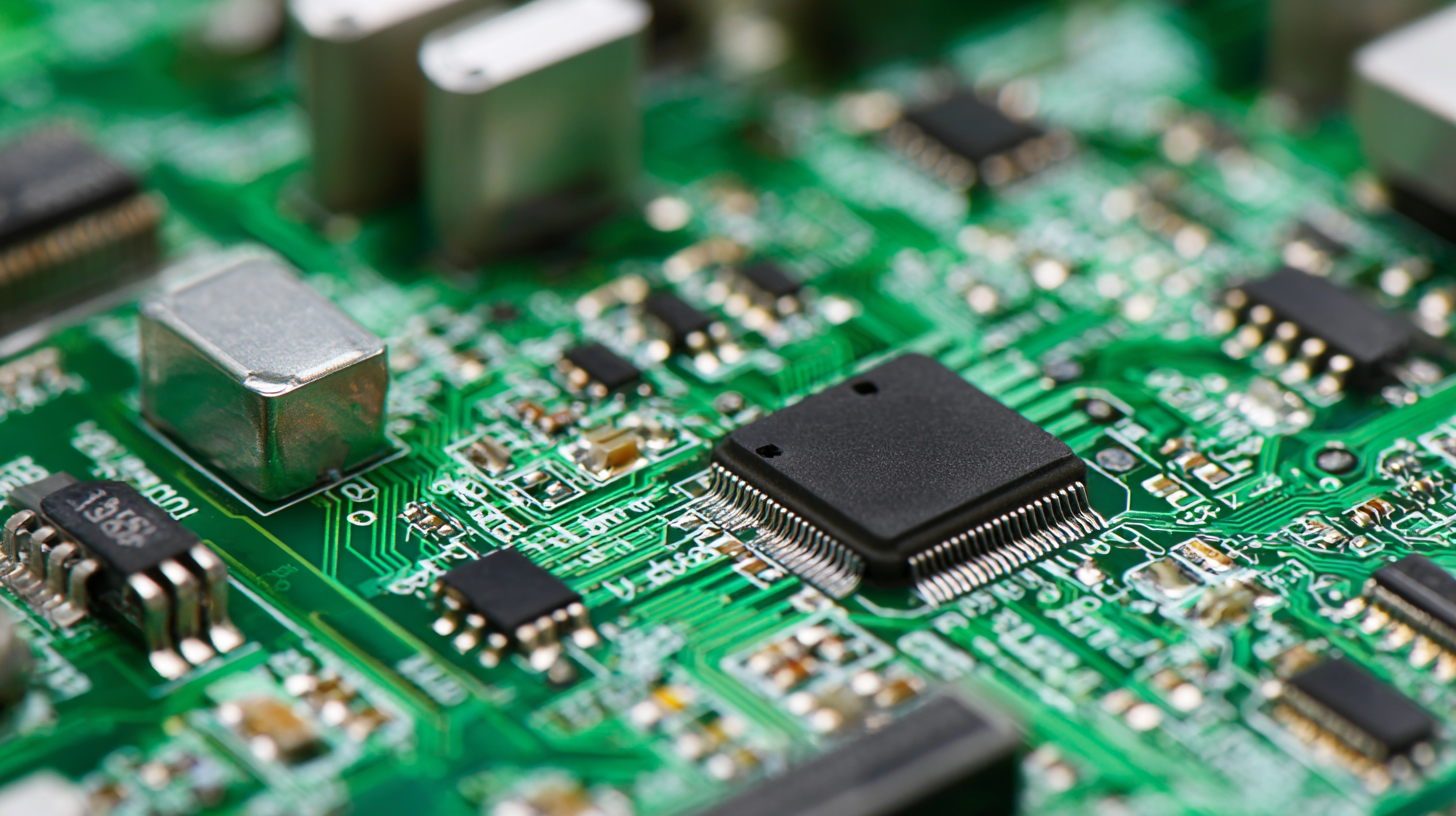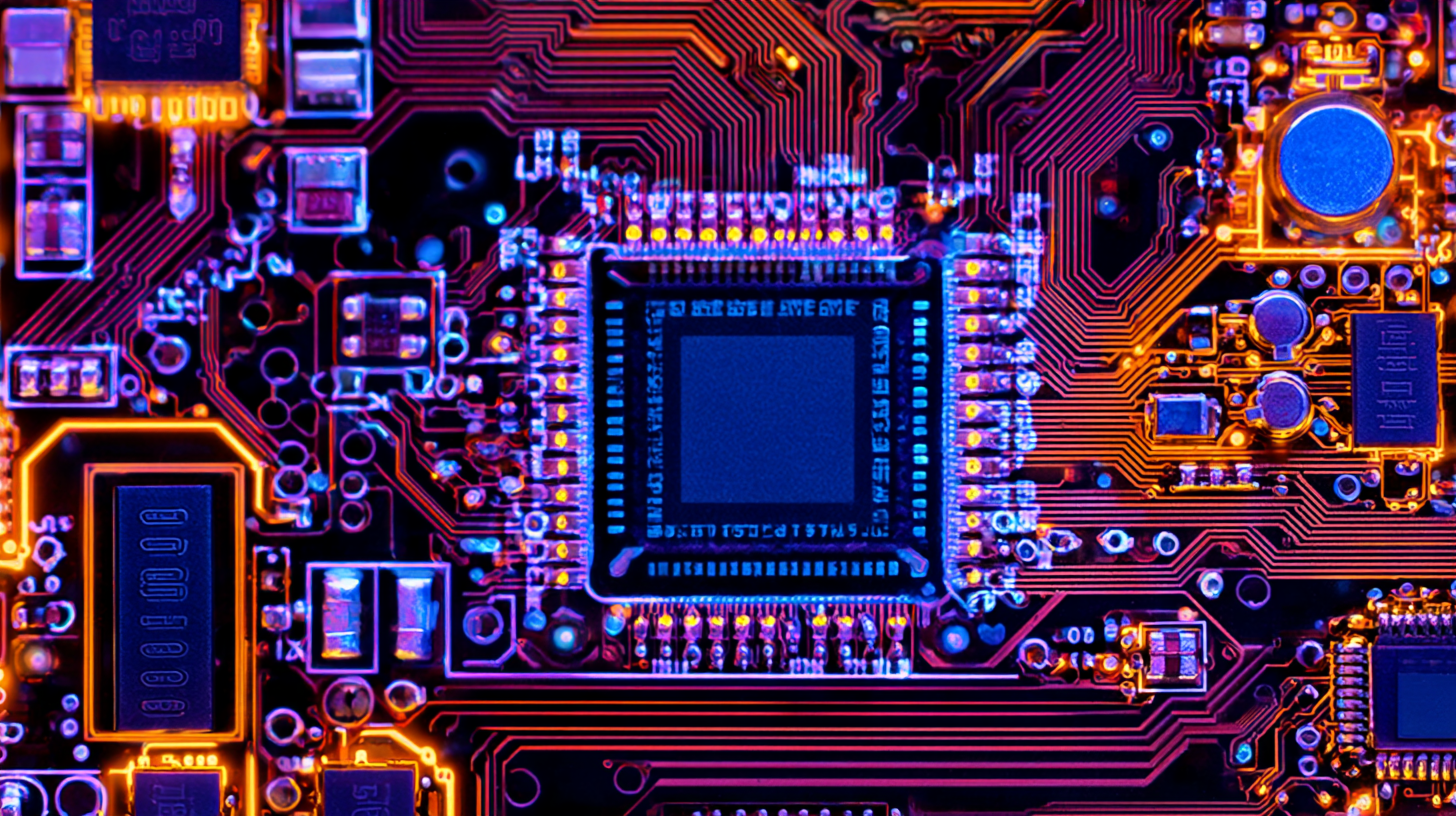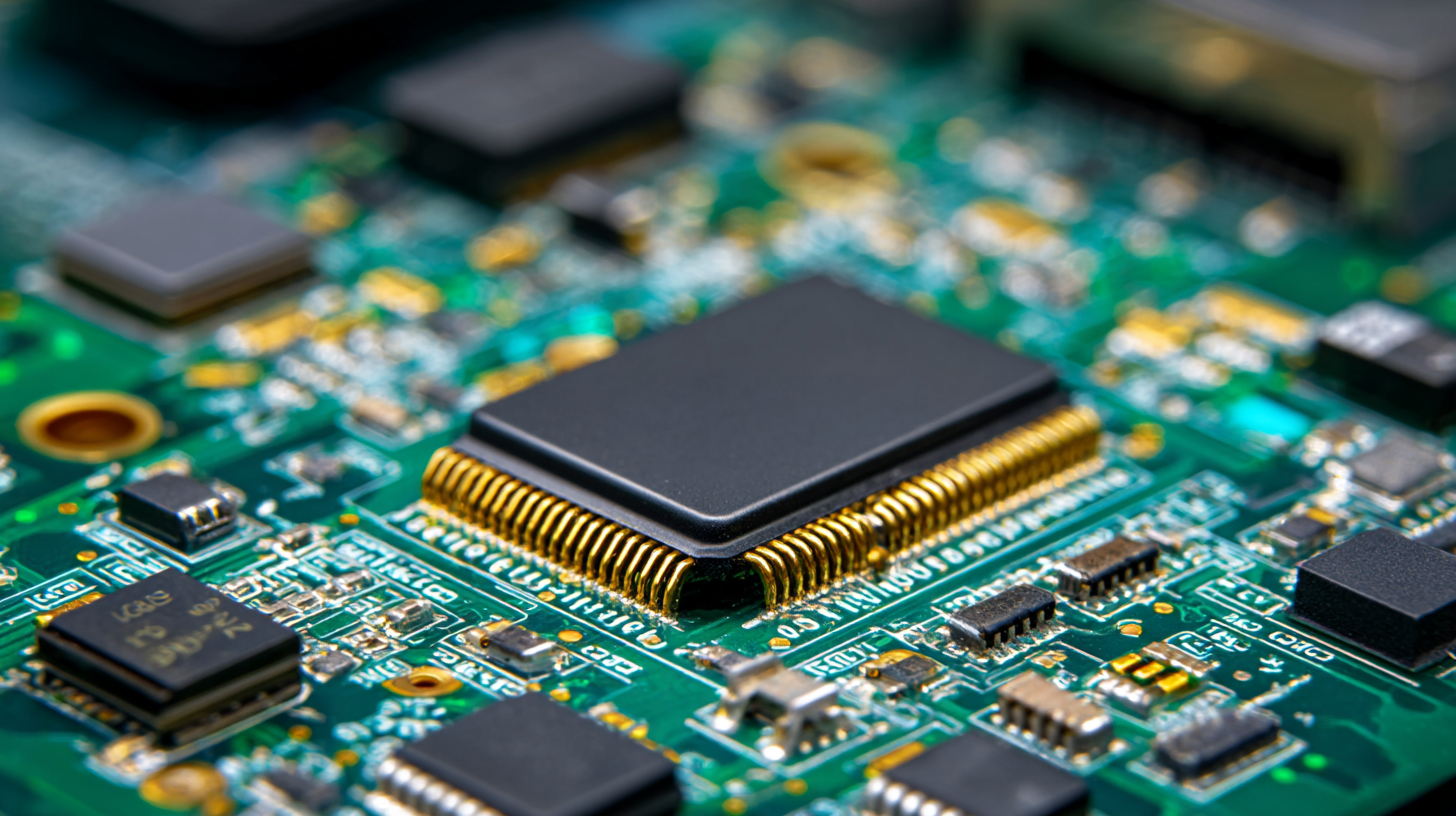WORLD electronics offers a complete line of electronic circuit board manufacturing and assembly services, as well as advanced manufacturing services. Our commitment to quality and service is second to no supplier.
Learn MoreOur team of engineers assists you in the development of new designs to optimize quality manufacturability (DFM) and testability, resulting in cost minimization and reduced product development time.
Learn MoreOur flexible manufacturing floor layout and highly trained staff allow for Quick Set-up and Tear Down of small volume prototype runs. This combination grants our customers the benefit of turning new designs quickly and accurately.
Learn MoreWORLD electronics is dedicated to quality. This quality is what underpins our commitment to thorough testing. Our engineers can develop a set of tests that ensure reliability and high performance in all products.
Learn MoreSupply chain management has crossed over from being a narrow management function to being a key operational function.
Learn MoreIn the rapidly evolving landscape of smart manufacturing, China is emerging as a pivotal player in providing top-quality solutions for printed circuit board assembly (PCBA). According to industry reports, the global printed circuit board market is expected to reach $82 billion by 2029, driven by increasing demand across various sectors, including electronics and automotive industries. This surge calls for innovations in manufacturing techniques and quality assurance processes, which China is uniquely positioned to deliver. With advancements in digital technologies such as IoT and AI, Chinese manufacturers are enhancing their production capabilities, ensuring more precise and efficient PCB assembly.

As companies seek reliable partners for their PCBA needs, understanding China's role in the global supply chain becomes crucial. This blog will explore key insights, trends, and tips for leveraging China's expertise in smart manufacturing to achieve superior PCB assembly solutions.
As we look towards 2025, China's smart manufacturing sector is poised for significant transformation, particularly in the realm of PCB assembly solutions. One of the most notable trends is the integration of artificial intelligence (AI) and machine learning (ML) technologies into manufacturing processes. These advancements enable manufacturers to enhance production efficiency, reduce waste, and improve product quality. The incorporation of AI-driven analytics allows for real-time monitoring of assembly lines, ensuring that potential issues are identified and addressed promptly, which ultimately leads to a more streamlined workflow.
Another emerging trend is the shift towards sustainable manufacturing practices. With environmental concerns on the rise, Chinese manufacturers are increasingly investing in eco-friendly materials and energy-efficient production capabilities. This not only aligns with global sustainability goals but also appeals to a growing market segment that prioritizes environmentally responsible products. By embracing this shift, companies in China can position themselves as leaders in both innovation and sustainability, meeting the demands of consumers who are increasingly conscientious about their purchasing choices.
In addition, the emphasis on collaboration between tech companies and traditional manufacturers is set to redefine the production landscape. Partnerships focusing on smart technologies will facilitate the development of advanced systems that improve connectivity and automation in manufacturing settings. This collaborative approach will empower businesses to adapt to rapid technological advancements and stay competitive in the ever-evolving PCB assembly industry.
China's rapid advancements in smart manufacturing are revolutionizing the field of PCB assembly. Key innovations in automation and artificial intelligence are streamlining production processes, enhancing precision and efficiency. Automated robotic arms, for example, are now capable of handling delicate components with incredible speed, significantly reducing production time while maintaining high-quality standards. This shift towards fully automated assembly lines not only increases output but also minimizes human error, ensuring reliable results that industries can depend on.
Moreover, the integration of the Internet of Things (IoT) in smart manufacturing allows for real-time monitoring of the assembly process. Manufacturers can leverage data analytics to track performance metrics, predict maintenance needs, and optimize workflows. This data-driven approach not only enhances operational efficiency but also empowers businesses to respond quickly to market demands. As the global demand for high-quality PCB solutions continues to grow, these innovations position China as a leader in providing top-notch assembly services, catering to both domestic and international clients seeking reliability and excellence in their products.

Sustainability has become a crucial aspect of PCB assembly, especially as industries aim to reduce their environmental impact in the coming years. Embracing best practices in sustainability not only boosts your company's reputation but also aligns with global efforts to preserve the environment. By 2025, manufacturers must incorporate eco-friendly materials and processes in their operations.

One effective tip is to adopt lead-free soldering techniques. This not only complies with environmental regulations but also enhances the safety of the end products. Additionally, consider implementing a closed-loop material management system to minimize waste and promote recycling. This can drastically reduce the environmental footprint of your PCB assembly while maximizing resource efficiency.
Another best practice is investing in energy-efficient machinery and optimizing production processes. Upgrading to more sustainable technologies can significantly lower energy consumption and reduce greenhouse gas emissions. Regular maintenance of equipment also ensures that machines operate at peak efficiency, contributing to a greener manufacturing environment. By integrating these practices, companies can lead the way toward a more sustainable future in PCB assembly.
The evolution of automation technology in China has significantly transformed the landscape of PCB (Printed Circuit Board) assembly. With advancements in robotics and artificial intelligence, manufacturers are now able to streamline production processes, enhance precision, and reduce lead times. According to industry reports from 2022, the global PCB market is projected to reach $100 billion by 2025, fueled largely by the rising need for sophisticated electronics across various sectors, including consumer goods, automotive, and telecommunications. China's role as a leader in this market is underpinned by its investment in smart manufacturing technologies, which has seen a 20% increase in automation adoption among PCB producers over the last two years.
Moreover, the implementation of advanced automation systems has not only optimized operational efficiency but also maintained high-quality standards in PCB assembly. Data shows that manufacturers incorporating automated inspections and AI-driven quality control systems have experienced a 30% reduction in defects compared to traditional methods. As a result, Chinese companies are not only meeting global demands but also surpassing them by producing top-quality PCB assemblies that cater to increasingly complex electronic applications. This rapid adoption of automation technology positions China as a trusted source for manufacturers worldwide looking for reliable and high-performance PCB assembly solutions.
Artificial Intelligence (AI) is transforming the landscape of smart manufacturing, bringing unprecedented levels of efficiency and precision to processes like PCB assembly. In today's fast-paced industrial environment, integrating AI technologies helps manufacturers to optimize production schedules, reduce waste, and improve quality control. By leveraging machine learning algorithms and predictive analytics, manufacturers can anticipate potential issues and enhance decision-making, leading to quicker responses to market demands.
Moreover, AI-driven automation plays a crucial role in streamlining operations. Robotic systems equipped with AI capabilities can perform repetitive tasks with remarkable accuracy, freeing up human workers to focus on more complex problem-solving activities. The result is not only an increase in productivity but also an enhancement in the overall quality of products. For PCB assembly specifically, AI can improve layout design and fault detection, ensuring that each component meets the highest standards before reaching the market. This synergy between AI and manufacturing processes exemplifies how technology is paving the way for smarter, more efficient production techniques.